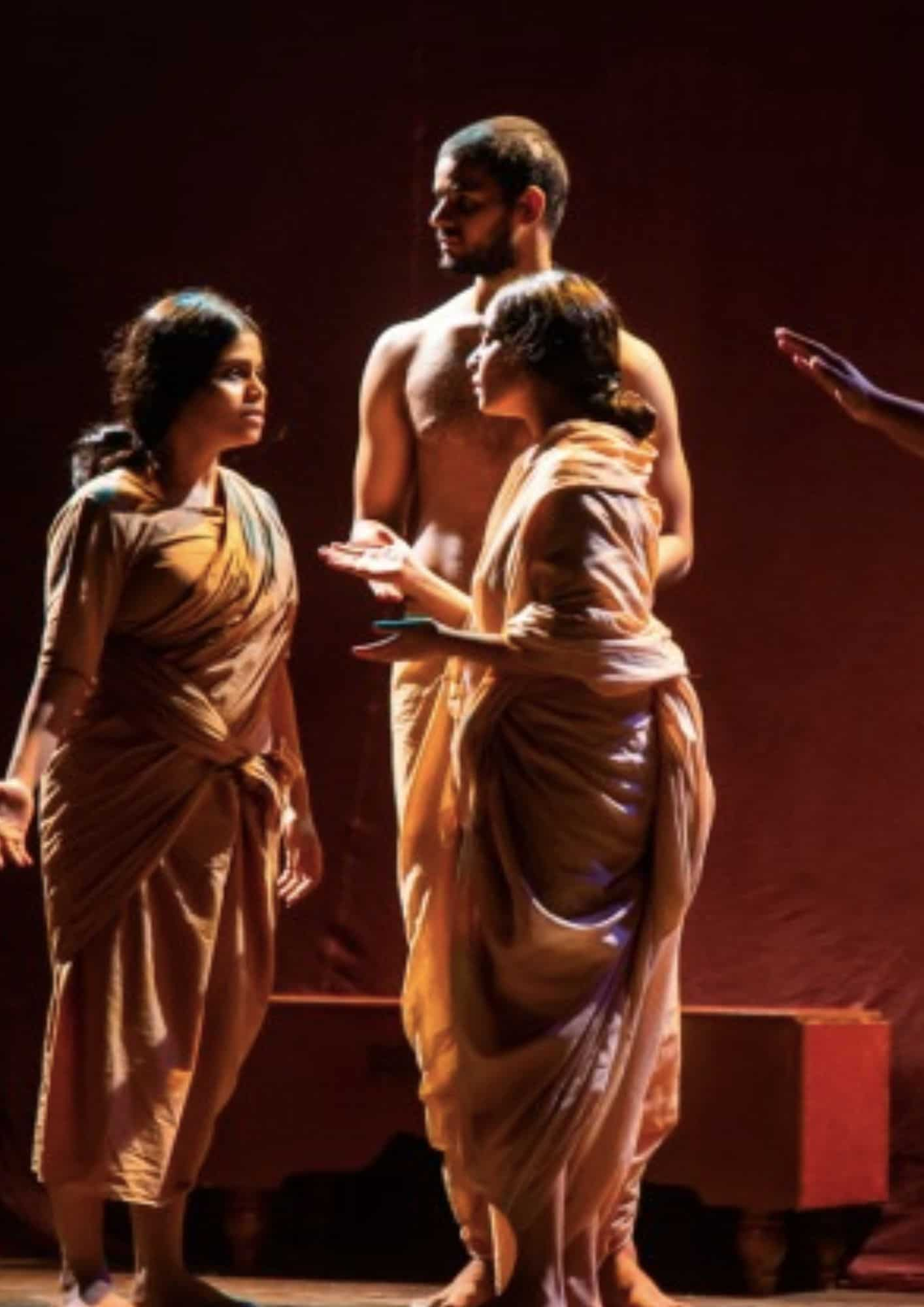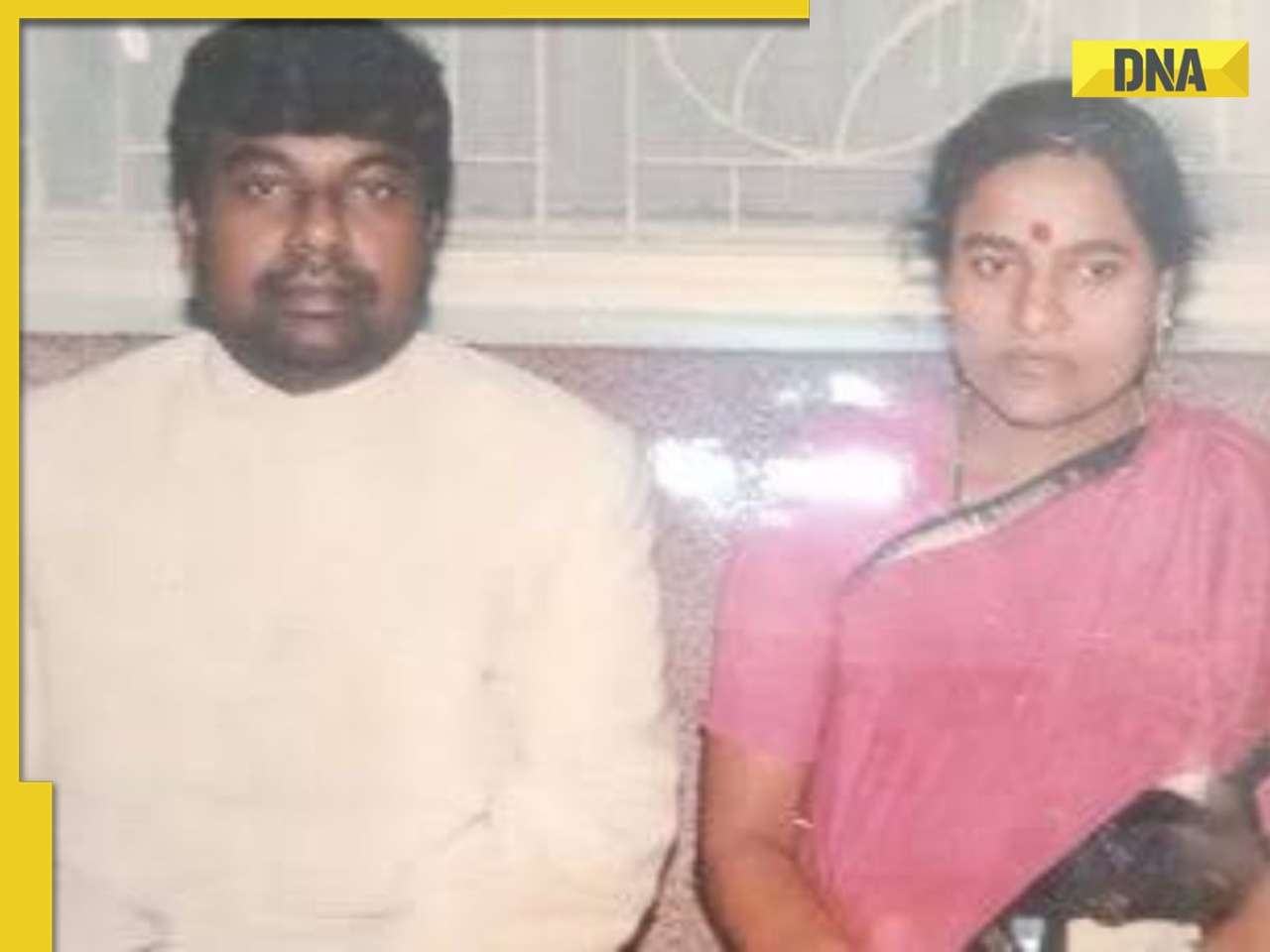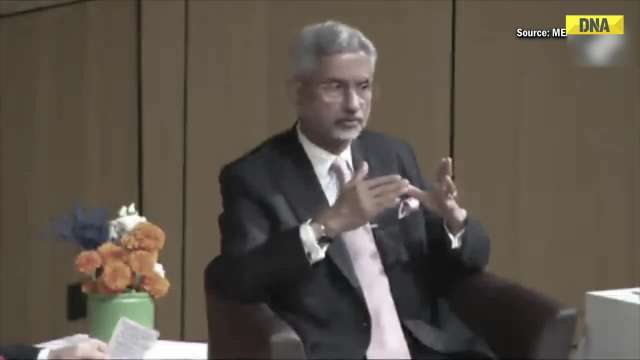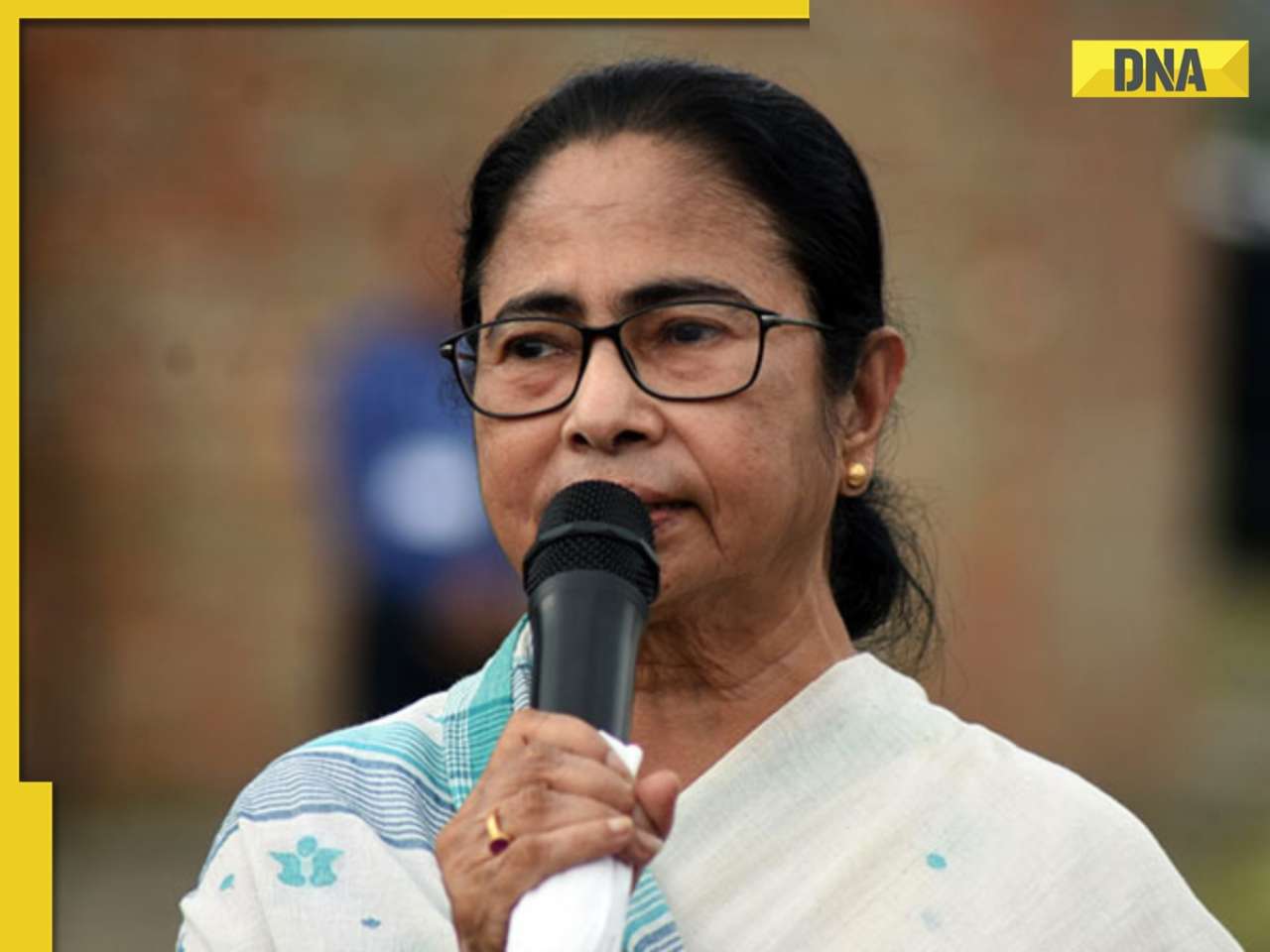Indian advocacy groups battle each other to determine how Hinduism is presented in California’s textbooks.
NEW YORK: California reviews its textbooks every six years and public opinion is invited for the purpose. But the Golden State got more than it bargained for in the latest edition of this exercise after Indian Americans demanded controversial changes to the history and social studies textbooks used in the sixth grade.
In the latest twist to the year-long saga, the Superior Court of California rejected demands by a right-wing organisation called the Hindu American Foundation (HAF) for a preliminary injunction against the publication of the new books.
The textbooks, which are still a work in progress but are expected to be on student desks by autumn, have devoted 60 pages to ancient Indian history, the same as to ancient China and Egypt.
The bone of contention is the rendition in the books of issues such as the caste system, the plight of the Dalits and discrimination against women. HAF and other right-wing Hindu groups maintain that these topics do not belong in a sixth-grade introduction to world civilisations.
The court’s decision, delivered in Sacramento on April 21, has been hailed by several South Asian-American groups, as well as professors from Stanford, the University of California and other college campuses, who have
challenged efforts by HAF to influence textbooks in the state.
“This means that the California State Board of Education can proceed with the approval process for publication of the new history textbooks, whether or not HAF withdraws its lawsuit,” said Anu Mandavilli of Friends of South Asia, which is spearheading the secular California textbook campaign with six other Indian groups.
“The Hindu Education Foundation and the Vedic Foundation, with the support of HAF, had submitted a series of egregious edits [to the textbooks],” Mandavilli added.
“They claimed to speak for the Hindu community, but they do not speak for everyone. People are tired of the Rashtriya Swayamsevak Sangh and its hateful agenda.”
HAF has argued before the education board that Indian-American children are embarrassed by a warts-and-all depiction of Hinduism in ancient India. This week, it reaffirmed its commitment to continue legal action to overturn the decision.
“Hindus are merely seeking parity with other religions in sixth-grade textbooks, where social problems of other religions are not given the same prominence, even as the redeeming features of Hinduism are ignored,” Ishani Chowdhury, executive director of HAF, said in a statement.
But that argument does not wash with many academicians. “We have been greatly concerned over claims that an equitable portrayals should prevail over historical accuracy,” Lawrence Cohen of the University of California-Berkeley was quoted as saying. “That is a slippery slope.”
“History is not meant to make you feel better,” said Mandavilli, adding that the inferior status of women and Dalits should not be glossed over because it is uncomfortable. “Hindu groups want to deny the reality of caste discrimination by deleting the very word Dalit from history books. You can’t distort facts and whitewash history.”
The textbook furore is far from, what with HAF and its allies still on the warpath. But for now at least the state education board has retained descriptions of, among other touchy subjects, India’s caste system, the role of women in the country’s society, the Aryan migration history and polytheism in ancient Hinduism.
![submenu-img]() Assam: Internet services to be temporarily shut down in state today due to…
Assam: Internet services to be temporarily shut down in state today due to…![submenu-img]() Meet Kumar Rocker, first Indian origin player to appear in Major League Baseball
Meet Kumar Rocker, first Indian origin player to appear in Major League Baseball![submenu-img]() Kolkata doctor-rape murder case: CBI arrests ex-RG Kar hospital principal Sandip Ghosh, cop over alleged...
Kolkata doctor-rape murder case: CBI arrests ex-RG Kar hospital principal Sandip Ghosh, cop over alleged...![submenu-img]() Stand-up comedian Gauri B says 'women in comedy were rare', talks about her journey from architect to performer
Stand-up comedian Gauri B says 'women in comedy were rare', talks about her journey from architect to performer![submenu-img]() Meet India's highest-paid actor, earns Rs 275 crore for a film; more than Rajinikanth, Prabhas, Shah Rukh Khan, Amitabh
Meet India's highest-paid actor, earns Rs 275 crore for a film; more than Rajinikanth, Prabhas, Shah Rukh Khan, Amitabh![submenu-img]() Kolkata Rape Murder Case: कोलकाता रेप केस में एक्शन में CBI, पूर्व प्रिंसिपल संदीप घोष और पुलिसकर्मी गिरफ्तार
Kolkata Rape Murder Case: कोलकाता रेप केस में एक्शन में CBI, पूर्व प्रिंसिपल संदीप घोष और पुलिसकर्मी गिरफ्तार ![submenu-img]() Diamond League final: दूसरे स्थान पर रहे Neeraj Chopra, महज इतने कम अंतर से चूके, ये खिलाड़ी बना चैम्पियन
Diamond League final: दूसरे स्थान पर रहे Neeraj Chopra, महज इतने कम अंतर से चूके, ये खिलाड़ी बना चैम्पियन ![submenu-img]() 'BJP को जरूरत थी तब तीन परिवारों में बुराई नहीं दिखी'...PM की पहली रैली पर क्या बोले उमर अब्दुल्ला
'BJP को जरूरत थी तब तीन परिवारों में बुराई नहीं दिखी'...PM की पहली रैली पर क्या बोले उमर अब्दुल्ला![submenu-img]() The Buckingham Murders Collection Day 2: Stree 2 ने बिगाड़ा Kareena की फिल्म का खेल, दूसरे ही दिन धीमी पड़ी रफ्तार
The Buckingham Murders Collection Day 2: Stree 2 ने बिगाड़ा Kareena की फिल्म का खेल, दूसरे ही दिन धीमी पड़ी रफ्तार![submenu-img]() Aaj Ka Mausam: Delhi-NCR में ठंडा हुआ मौसम, उत्तराखंड में नहीं थम रही बारिश, पढ़ें IMD अपडेट
Aaj Ka Mausam: Delhi-NCR में ठंडा हुआ मौसम, उत्तराखंड में नहीं थम रही बारिश, पढ़ें IMD अपडेट ![submenu-img]() Ford to return to India after 2 years with reopening of....
Ford to return to India after 2 years with reopening of....![submenu-img]() Maruti Suzuki launches new Swift CNG, check price, mileage, other features
Maruti Suzuki launches new Swift CNG, check price, mileage, other features![submenu-img]() ‘30 LPA, 3BHK, no in-laws’: Woman earning Rs 1.32 lakh salary lists demands for future husband, netizens say...
‘30 LPA, 3BHK, no in-laws’: Woman earning Rs 1.32 lakh salary lists demands for future husband, netizens say...![submenu-img]() In a big EV push, Centre launches Rs 10900 crore PM E-Drive scheme to replace…
In a big EV push, Centre launches Rs 10900 crore PM E-Drive scheme to replace…![submenu-img]() World’s longest car has helipad, swimming pool, mini-golf course, can seat over…; it cost…
World’s longest car has helipad, swimming pool, mini-golf course, can seat over…; it cost…![submenu-img]() NEET SS 2024: Tentative schedule out, exam likely on...
NEET SS 2024: Tentative schedule out, exam likely on...![submenu-img]() Meet man, popular online tutor who cracked UPSC in 1st attempt, resigned as IAS officer after 1 year due to…
Meet man, popular online tutor who cracked UPSC in 1st attempt, resigned as IAS officer after 1 year due to…![submenu-img]() Meet man, who worked as coolie, later cracked UPSC exam to become IAS officer, he was killed by...
Meet man, who worked as coolie, later cracked UPSC exam to become IAS officer, he was killed by...![submenu-img]() Meet IIT-JEE topper with AIR 1, went to IIT Bombay, got job with Rs 70 lakh salary, left it for...
Meet IIT-JEE topper with AIR 1, went to IIT Bombay, got job with Rs 70 lakh salary, left it for...![submenu-img]() Meet man, who lost father at 5, grew up in orphanage, didn't crack UPSC exam but became IAS officer, is posted at..
Meet man, who lost father at 5, grew up in orphanage, didn't crack UPSC exam but became IAS officer, is posted at..![submenu-img]() Jaishankar: EAM Dr. S. Jaishankar On India-China Relations & Disengagement Problems | Ladakh
Jaishankar: EAM Dr. S. Jaishankar On India-China Relations & Disengagement Problems | Ladakh![submenu-img]() Trump vs Harris: Donald Trump Says He Will Not Debate Kamala Harris Again | US Presidential Debate
Trump vs Harris: Donald Trump Says He Will Not Debate Kamala Harris Again | US Presidential Debate![submenu-img]() Delhi Gym News: Afghan-Origin Gym Owner Shot Dead In Delhi | Caught On CCTV
Delhi Gym News: Afghan-Origin Gym Owner Shot Dead In Delhi | Caught On CCTV![submenu-img]() Malaika Arora Father Death: Anil Mehta's Final Words To His Daughter Malaika Arora
Malaika Arora Father Death: Anil Mehta's Final Words To His Daughter Malaika Arora![submenu-img]() Chandigarh Blast: Grenade Explosion In Sector 10; Auto Driver Arrested, Investigation Ongoing
Chandigarh Blast: Grenade Explosion In Sector 10; Auto Driver Arrested, Investigation Ongoing![submenu-img]() Meta CEO Mark Zuckerberg reveals biggest mistake of his career, claims it is...
Meta CEO Mark Zuckerberg reveals biggest mistake of his career, claims it is...![submenu-img]() Meet Indian man, who left his job in US, started business from Rs 40000, now leads company worth Rs 18765 crore, he is..
Meet Indian man, who left his job in US, started business from Rs 40000, now leads company worth Rs 18765 crore, he is..![submenu-img]() Meet man, a billionaire, who hosts Kim Kardashian, Leonardo DiCaprio, Katy Perry on his superyacht for...
Meet man, a billionaire, who hosts Kim Kardashian, Leonardo DiCaprio, Katy Perry on his superyacht for...![submenu-img]() Meet Indian-born engineer behind Amazon's Alexa, now among TIME100 most influential people in AI 2024 list, he is...
Meet Indian-born engineer behind Amazon's Alexa, now among TIME100 most influential people in AI 2024 list, he is...![submenu-img]() Meet Indian genius, went to IIT, studied with Shah Rukh Khan, tragically lost his life due to...
Meet Indian genius, went to IIT, studied with Shah Rukh Khan, tragically lost his life due to...![submenu-img]() This Rohit Shetty, Ajay Devgn film was called next Golmaal, became major flop, later gained cult status, earned only...
This Rohit Shetty, Ajay Devgn film was called next Golmaal, became major flop, later gained cult status, earned only...![submenu-img]() Bollywood's highest-paid bodyguards earn in crores each year; here's how much Salman, SRK pay their trusted protectors
Bollywood's highest-paid bodyguards earn in crores each year; here's how much Salman, SRK pay their trusted protectors![submenu-img]() 6 most haunted places in the world
6 most haunted places in the world![submenu-img]() Good news for Reliance Jio users: Mukesh Ambani offers 5 best Jio plans under Rs 300 with unlimited...
Good news for Reliance Jio users: Mukesh Ambani offers 5 best Jio plans under Rs 300 with unlimited...![submenu-img]() This Bollywood outsider sang at weddings, in trains, was rejected from TV shows; now gives Rs 100-crore blockbusters
This Bollywood outsider sang at weddings, in trains, was rejected from TV shows; now gives Rs 100-crore blockbusters ![submenu-img]() Assam: Internet services to be temporarily shut down in state today due to…
Assam: Internet services to be temporarily shut down in state today due to…![submenu-img]() Kolkata doctor-rape murder case: CBI arrests ex-RG Kar hospital principal Sandip Ghosh, cop over alleged...
Kolkata doctor-rape murder case: CBI arrests ex-RG Kar hospital principal Sandip Ghosh, cop over alleged...![submenu-img]() Kolkata rape-murder case: CM Mamata Banerjee appeals to doctors to join meeting, says, 'can't keep...'
Kolkata rape-murder case: CM Mamata Banerjee appeals to doctors to join meeting, says, 'can't keep...'![submenu-img]() PM Modi attacks Congress in poll-bound Haryana, says, 'those who gave...'
PM Modi attacks Congress in poll-bound Haryana, says, 'those who gave...'![submenu-img]() Maharashtra govt reschedules Eid-e-Milad holiday in Mumbai from Sept 16 to…
Maharashtra govt reschedules Eid-e-Milad holiday in Mumbai from Sept 16 to…













































)
)
)
)
)
)
)
)
)
)
)
)
)
)





)
)
)
)
)
)